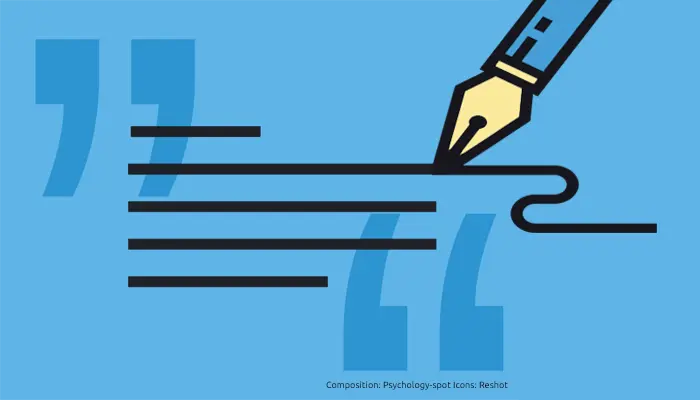
Journaling to cope with anxiety can be an excellent therapeutic tool to combat that feeling of apprehension that accompanies you everywhere and often paralyzes you or considerably affects your quality of life. Putting in black and white all those thoughts that run through your mind generating tension and making you always fear the worst is a therapeutic strategy to better understand them, feel more comfortable with them and, ultimately, strip them of their power over you.
Writing about what you think and feel is like sitting down to talk with anxiety. It is likely that at first this idea will generate some rejection since normally what you do is try to escape anxiety, but that way you only end up reinforcing it. Instead, keeping an anxiety journal will help you get to know it and yourself better.
The anxiety journal, a tool to provide clarity
Journaling for anxiety is particularly helpful for a number of reasons. First of all, you can only write one thought at a time, so the process of journaling forces you to slow down your mind and allows you to focus on just one idea. This way you manage to filter your thoughts and learn to keep them under control, instead of allowing them to flow uninterrupted to fuel even more anxiety.
Simply focusing on an idea is usually enough to quiet the racing mind generated by anxiety. That acceleration prevents you from grasping the different thoughts and delving into them so that you can evaluate how much truth they contain, in a way that plunges you into a spiral of catastrophism.
Instead, journaling for anxiety gives you the chance to explore what’s behind your thoughts, rather than just feeling that whirlpool of apprehension and fear you get caught up in when you’re anxious. It allows you to stop at each thought so that you can identify the dysfunctional beliefs that are at its base and that end up fueling anxiety.
In this sense, a study carried out at Rutgers University revealed that writing about a particularly stressful and distressing failure is related to altered neuronal processing in the middle cingulate cortex, an area of the brain crucial for processing negative emotions and related to processing of information for decision making. Therefore, writing about what worries you or generates anxiety could cause changes at the brain level that help you process what happened and overcome it.
On the other hand, keeping an anxiety journal will help you get negative thoughts out of your head. Keeping this record will allow you to see your fears, insecurities, and irrational beliefs written down on paper, which can help you take the necessary psychological distance to recognize that they are maladaptive ideas and overcome them.
With an anxiety diary you can also track your symptoms. You can not only practice emotional ventilation by writing down everything you feel, but also keep a record of your experiences, which will help you better understand and accept them, so that they do not generate an exaggerated emotional reaction every time they appear.